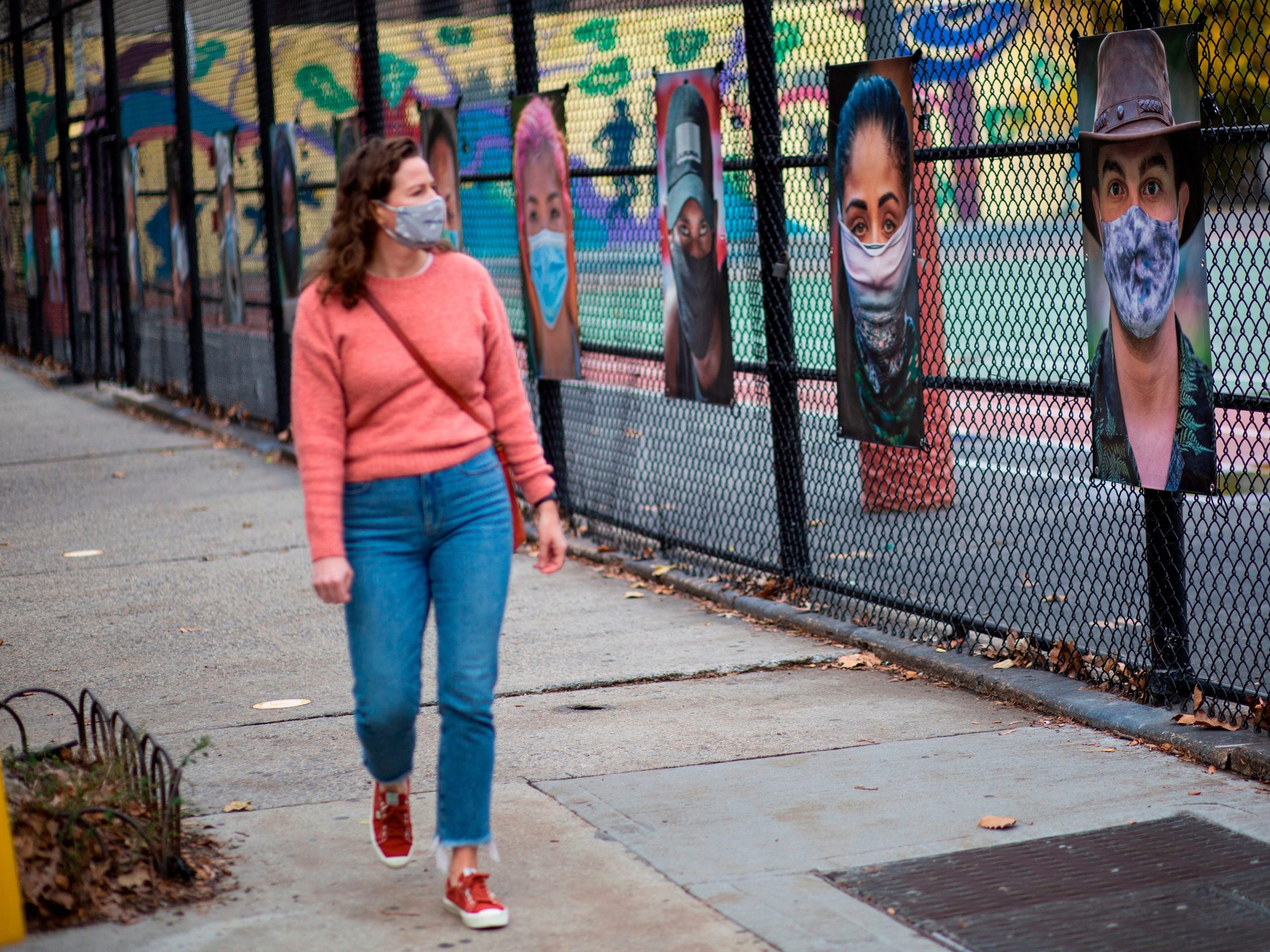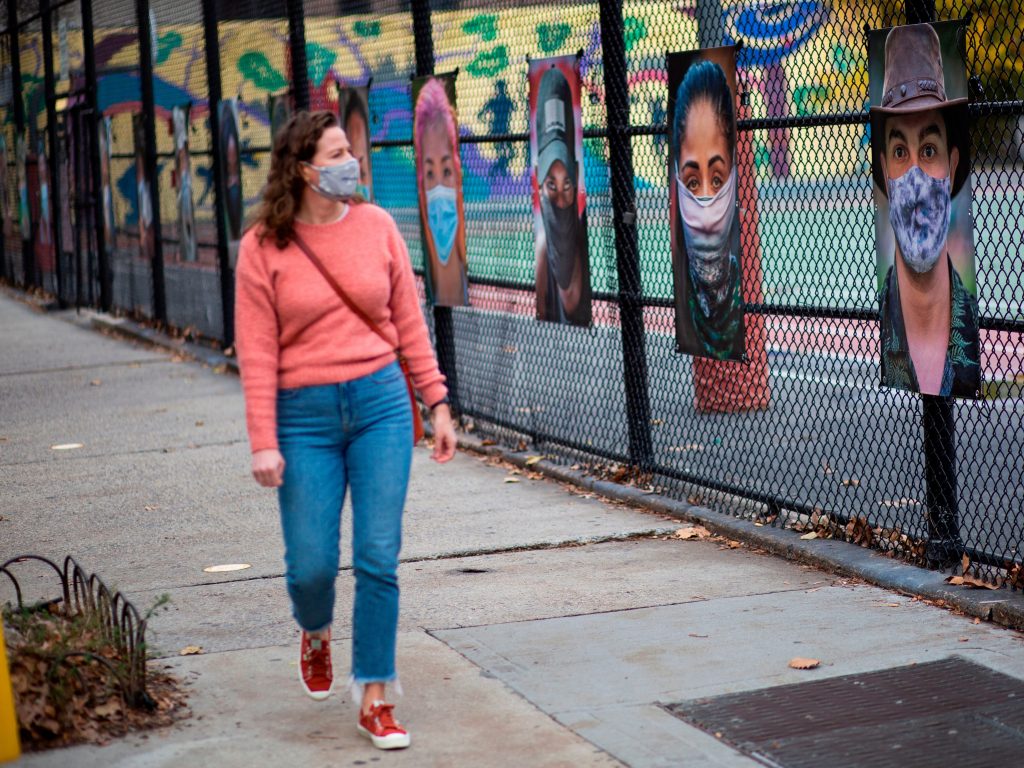
- Return-to-office plans, mask policies, and vaccine mandates are in nearly constant flux right now.
- Employers are postponing their return plans and flip-flopping on mask and vaccine mandates.
- Insider spoke with a psychiatrist to see how these constant changes are affecting our mental health.
- See more stories on Insider's business page.
It's no secret that the pandemic has wrought havoc on our mental health. From social isolation to grieving loved ones lost to COVID-19, many people have struggled with their mental well-being over the past year and a half.
"Already, there was an unmet need in terms of getting people access to the kinds of behavioral health care that they need," psychiatrist Dr. Nikole Benders-Hadi told Insider. "But now with the ongoing pandemic, and the remaining unanswered questions, it further worsened the kinds of mental health challenges that people are dealing with."
Benders-Hadi is the medical director of behavioral health for telemedicine company Doctor on Demand. She says the company's large employer clients saw a 325% increase in behavioral health visits last year.
"There's been a significant uptick in symptoms of depression, of anxiety, of PTSD," she said.
One overarching issue affecting many people is the constant change the pandemic has brought. Companies are flip-flopping on their plans and expectations for employees to work from home or return to the office. Businesses and governments have gone back and forth on mask guidance. Employers are still figuring out whether or not to require workers get vaccinated.
These types of changes, and the uncertainty that accompanies them, force people into being in constant "on" mode, ready for anything.
"The best approach to managing change is preparation in advance, it's sort of knowing what the change is going to be, it's outlining a series of steps to help manage that change," Benders-Hadi said. "The difficulty with the shifting decisions and shifting priorities that come with the advancement of the pandemic is that it takes away from that planning time. If you're sort of constantly needing to rethink, to reprioritize, it can make it extremely difficult to actually get to the point of being productive and accomplishing what you need to do."
One part of pandemic life that many people have found taxing is keeping work from spilling over into every other part of their lives, especially as remote work grew more prevalent and blurred work-life boundaries.
"When you lack that planning and preparation, it can make it really easy to not be able to do that anymore," Benders-Hadi said. "Then, suddenly the individual doesn't have enough time for self-care or is not spending time with family. That can lead to a lot of frustration as the easiest end of the spectrum but, at the worst end, it can lead to relationship issues, problems with communication, anger, or symptoms of depression or anxiety."
Benders-Hadi's team has noticed the pandemic has been particularly harmful to certain specific populations in particular - such as healthcare workers, essential workers, and women. Now, as the Delta variant casts a long shadow over school reopenings, returns to the workplace, and other developments, many people are facing a new wave of stressors.
"There's so many different challenges, so many different stressors that people are dealing with," Benders-Hadi said. "And there's a lot of re-entry anxiety."
One way people can take better care of their mental health now is to come to terms with these stressors.
"It's important to level-set, to acknowledge that stress in the current time is expected, is a natural response to this very real threat," she said. "Anxiety symptoms and changes in your breathing and your increased heart rate is your body's way of warning you there's a danger out there. To really normalize that, to level set it, to make sure people know that they're not alone is a really important first step."
"Then, take note of what those triggers are, what things you have control over versus things that you don't have control over, and then really invest the time and energy into self-care to cope with those triggers when you find that you're confronted with them."
